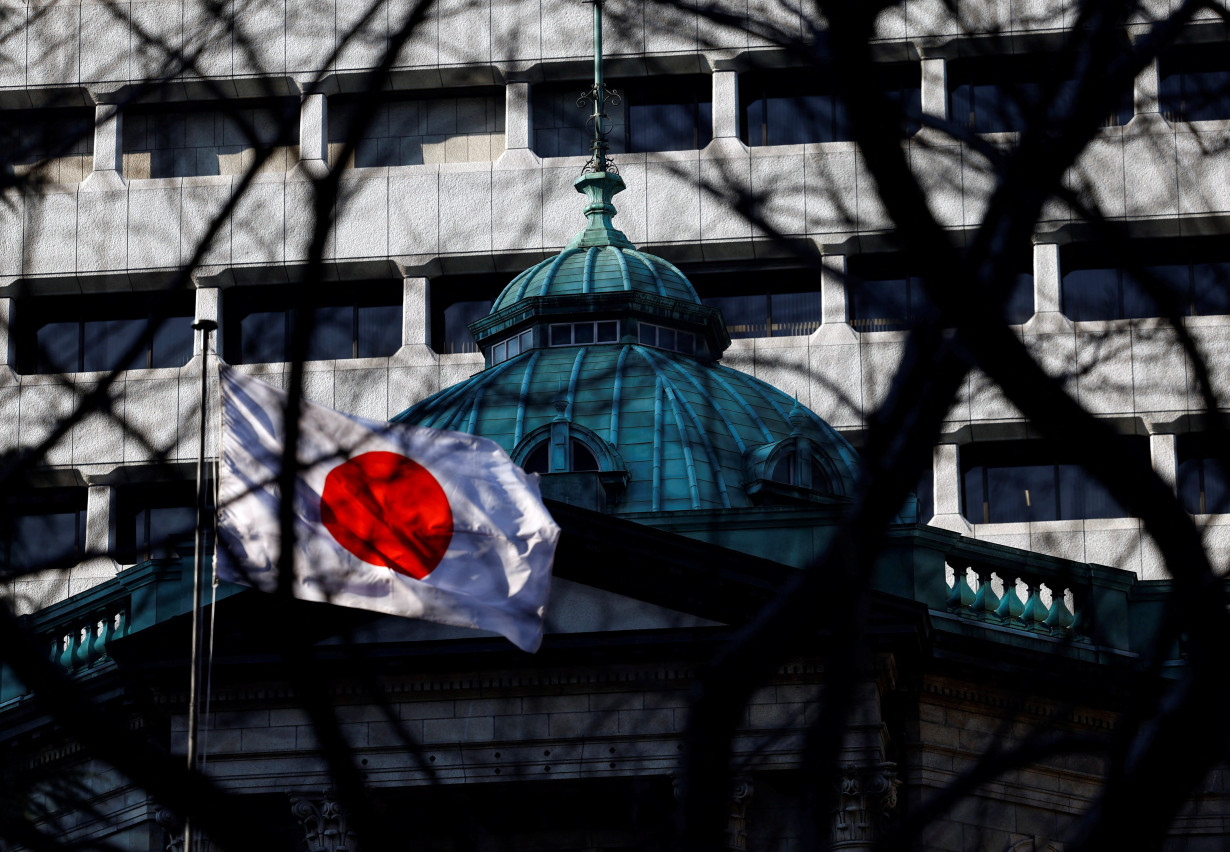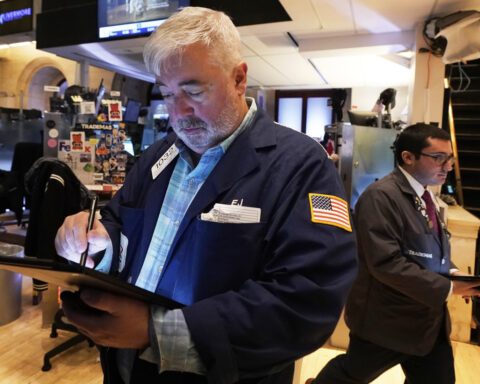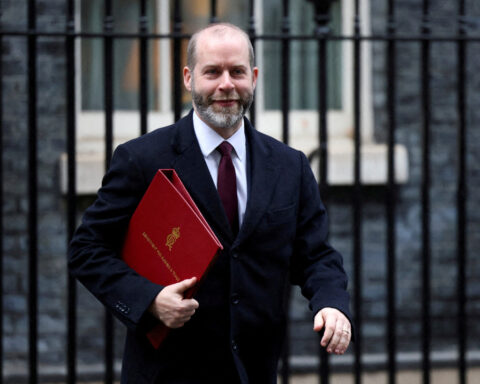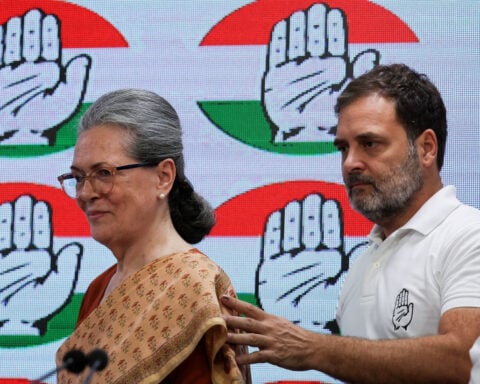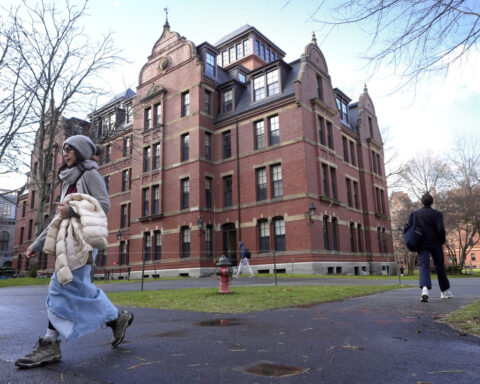By Leika Kihara
TOKYO (Reuters) - Hawkish comments from the Bank of Japan and sticky inflation are lifting bond yields to multi-year highs and pushing forward rate hike expectations, shaking long-held views that rates would not rise much in the historically deflation-prone economy.
Mitsubishi UFJ Morgan Stanley Securities said on Monday it now expects the BOJ to raise interest rates to 0.75% in July from 0.5% currently, instead of in October-December.
It also pushed forward the timing of a subsequent hike to 1.0% to January 2026 from the final quarter of that year, pointing to growing signs that price pressures will persist.
Former BOJ official Nobuyasu Atago sees the chance of a hike at the April 30-May 1 meeting, given the BOJ's rising attention to the risk of an inflation overshoot.
"The BOJ's next rate hike could come unexpectedly soon. Markets are probably starting to price that in," he said on recent rises in Japanese bond yields.
Japanese government bond yields have risen as markets rethink their view that the BOJ won't push up rates beyond 1% - the lower end of its staff estimate that puts Japan's nominal neutral rate in a range of 1% to 2.5%.
The benchmark 10-year yield rose 2.5 basis points to 1.375% on Monday, hitting the highest level since 2010. The five-year yield also rose 3.5 points to 1.040%, a level unseen since 2008.
Japan's solid October-December GDP data on Monday, coupled with recent strong inflation, have pushed up the yen and bond yields by cementing expectations of a near-term rate hike.
BOJ board member Hajime Takata's speech and news conference on Wednesday will be scrutinised by markets for clues on the timing and pace of further rate hikes.
The BOJ raised short-term rates to 0.5% in January and signaled its readiness to hike further on the view the economy was progressing towards durably hitting its 2% inflation target.
In a quarterly report issued on January 24, the BOJ included analyses on how chronic labour shortages are leading to growing wage-driven inflation - building the case for more rate hikes.
A week later, BOJ Deputy Governor Ryozo Himino said it was "not normal" for Japan's real interest rates to remain negative for too long. Board member Naoki Tamura also said earlier this month the BOJ must raise rates to at least 1% by early 2026.
The hawkish BOJ signals have led markets to price in a roughly 80% chance of a rate hike to 0.75% in July. A private sector survey showed most economists projecting the next hike to come in the latter half of this year.
Former BOJ board member Makoto Sakurai, who retains close contact with incumbent policymakers, expects the BOJ to raise rates to at least 1.5% in the next two years.
The International Monetary Fund sees Japan's neutral rate, the level at which policy neither slows nor fuels growth, to be in a band of 1% to 2% with a mid-point of 1.5%, and predicts the BOJ to hike rates around that level by the end of 2027.
Some analysts see U.S. President Donald Trump's focus on fixing trade imbalances as working in favour of BOJ rate hikes by watering down the Japanese government's historic resistance to a stronger yen and, by association, higher rates.
U.S. Treasury Secretary Scott Bessent said on Friday Washington would look at whether countries are engaging in currency manipulation, in setting plans for reciprocal tariffs.
"The Japanese government is mindful of the political risk of being seen (by Washington) as leaving the weak yen unattended," said Naomi Muguruma, chief bond strategist at Mitsubishi UFJ Morgan Stanley Securities.
(Reporting by Leika Kihara; Editing by Sam Holmes)

 Trump has begun another trade war. Here's a timeline of how we got here
Trump has begun another trade war. Here's a timeline of how we got here
 Canada's leader laments lost friendship with US in town that sheltered stranded Americans after 9/11
Canada's leader laments lost friendship with US in town that sheltered stranded Americans after 9/11
 Chinese EV giant BYD's fourth-quarter profit leaps 73%
Chinese EV giant BYD's fourth-quarter profit leaps 73%
 You're an American in another land? Prepare to talk about the why and how of Trump 2.0
You're an American in another land? Prepare to talk about the why and how of Trump 2.0
 Chalk talk: Star power, top teams and No. 5 seeds headline the women's March Madness Sweet 16
Chalk talk: Star power, top teams and No. 5 seeds headline the women's March Madness Sweet 16
 Purdue returns to Sweet 16 with 76-62 win over McNeese in March Madness
Purdue returns to Sweet 16 with 76-62 win over McNeese in March Madness
